Shrewsbury
Bastille Society Lecture- Brexit: A brief history of divorce

On the last Thursday ‘in remote’, the Bastille Society was lucky enough to welcome the esteemed Professor Robert Tombs (St. John’s College, Cambridge) to speak on perhaps the most divisive subject of our time: Britain’s departure from the European Union.
The lecture was eagerly anticipated, not least due to the Salopian affinity for The Spectator, in which Professor Tombs writes eloquently on numerous subjects surrounding the EU, France and British History.
Professor Tombs approached the subject with a unique take. Instead of making his standpoint immediately clear he spoke about the inevitability of the divorce. To begin, he offered an insight into the history of Britain’s relationship with Europe. Beginning with the Battle of Hastings, union with the continent was explored via the Angevin Empire and the Glorious Revolution of 1688. By then Britain had transformed from ‘European laughingstock to world power’. Finally, he addressed Britain’s changing status as a consequence of the two world wars, and the rise of American and Soviet power.
Professor Tombs dismissed claims that the post-war period (1950-1970) signified a major loss of power for Britain, instead presenting statistics which indicated otherwise. It became clear, due to Tombs’ justifications, that during these years it would be unfair to label Britain as the ‘sick man of Europe’ – that Europe was not necessarily the lifeboat to Britain’s poor economic performances of the 1960s.
To finish his concise yet fascinating lecture, Tombs dealt with divorce from the EU. He explained it with three main reasons. One, the fact that UK growth had been ahead of the EU average since 1991, which meant we had the confidence to leave. Two, that our attitudes towards Europe, given our geography, history and culture, are relatively different to that on the mainland, although he did not think this argument bore too much weight. Finally, he accounted for Brexit through the fact that the UK left because it could. The UK was not a part of the Eurozone, distinguishing it from other member states. Had the UK adopted the Euro in 2001 then the economic argument for ‘remain’ would have been very difficult to ignore.
Plenty of students took the opportunity to ask such a distinguished historian questions pertaining to Brexit and the future of the UK. All were answered with the same engaging tone with which the lecture was delivered. Students were emboldened to questions both their own views but also those of others, and one can be sure that it will be present in our minds for long into the future.
Joseph M (SH)


